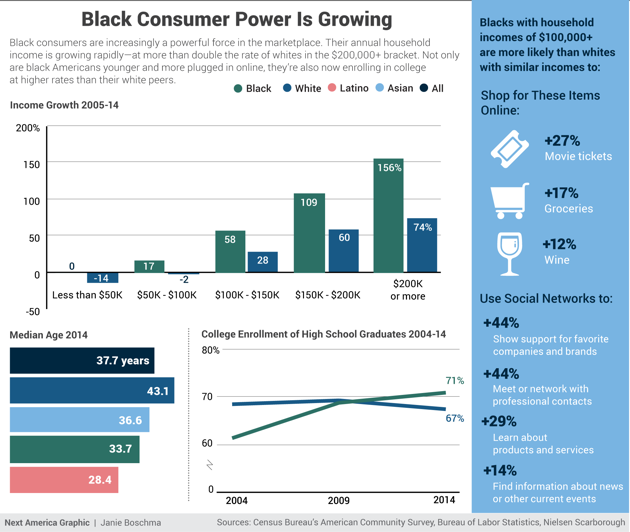The United States is unique in that, when one thinks of the country, he or she doesn’t think of just one race or one ethnicity. Since its conception, the U.S. has prided itself on being a home to the world’s many cultures; yet, the undeniable truth that multicultural understanding in America is essential has only become apparent to companies and the market as a whole in recent decades. In the novel, titled, “Multicultural Intelligence: Eight Make-or-break Rules for Marketing to Race, Ethnicity, and Sexual Orientation,” author David R. Morse takes an honest look at the state of the U.S. marketplace in relation to multicultural groups, and reasons why reaching out to these groups will be an inevitable requirement for success in this “New America.”
A seasoned market researcher, Morse has seen first-hand how the most basic research can make a difference in a company’s ability to attract multicultural groups. He states that the best retailers “shop the market,” meaning, retailers who take the time to see where multicultural groups choose to spend their money and why; who become aware of what the needs of multicultural groups are and if those needs are currently being met; and who understand the values and opinions of multicultural groups, tend to see more success than those who do not. The underlying truth here is clear, and it is that in this “New America,” companies still deny the buying power of minority groups, specifically people of color (POC). Failing to see POC’s presence in the market, and, even worse, marketing to POC based on preconceived notions of their culture and stereotypes, can be detrimental to a company.

Morse emphasizes that successfully marketing to multicultural groups starts from within. Now more than ever, consumers have veered away from caring only about the quality of a company’s product, and have instead begun to focus their attention on the quality of the company. In the same way, multicultural groups are looking to companies that hire people who look like them, who share similar backgrounds and cultural values as them, etc., into high-ranking, managerial positions. Similarly, multicultural persons do not want to be harrassed in a store due to their unchangeable appearance. In this way, working to make a company more diverse must happen within the company and on the frontlines.
Harvard University’s Project Implicit is a non-profit organization that researches unconscious associations and thoughts. The Implicit Association Test (IAT) gages the strength of people’s associations between multicultural groups and different concepts. After taking the IAT, my results said that I have a moderate automatic preference towards African Americans over European Americans. These results do not come as a surprise to me, rather the difference between my results from the first time I took the test and my results from this test do. In high school, my cultural anthropology teacher assigned this same activity to my peers and me, and, from what I can remember, my results said the exact opposite. I think this change is due to my experiences since then, and my growing awareness of the African American community around me. I am half white and half black, but now more than ever, I resonate with the African American community more than I do with the white majority. There has been another major change in my mindset that I believe contributes to my results, and it is the overwhelming sense that white people oftentimes do not have the interests of minorities in mind, and do not cease opportunities to relate or sympathize with the plight of these minorities.